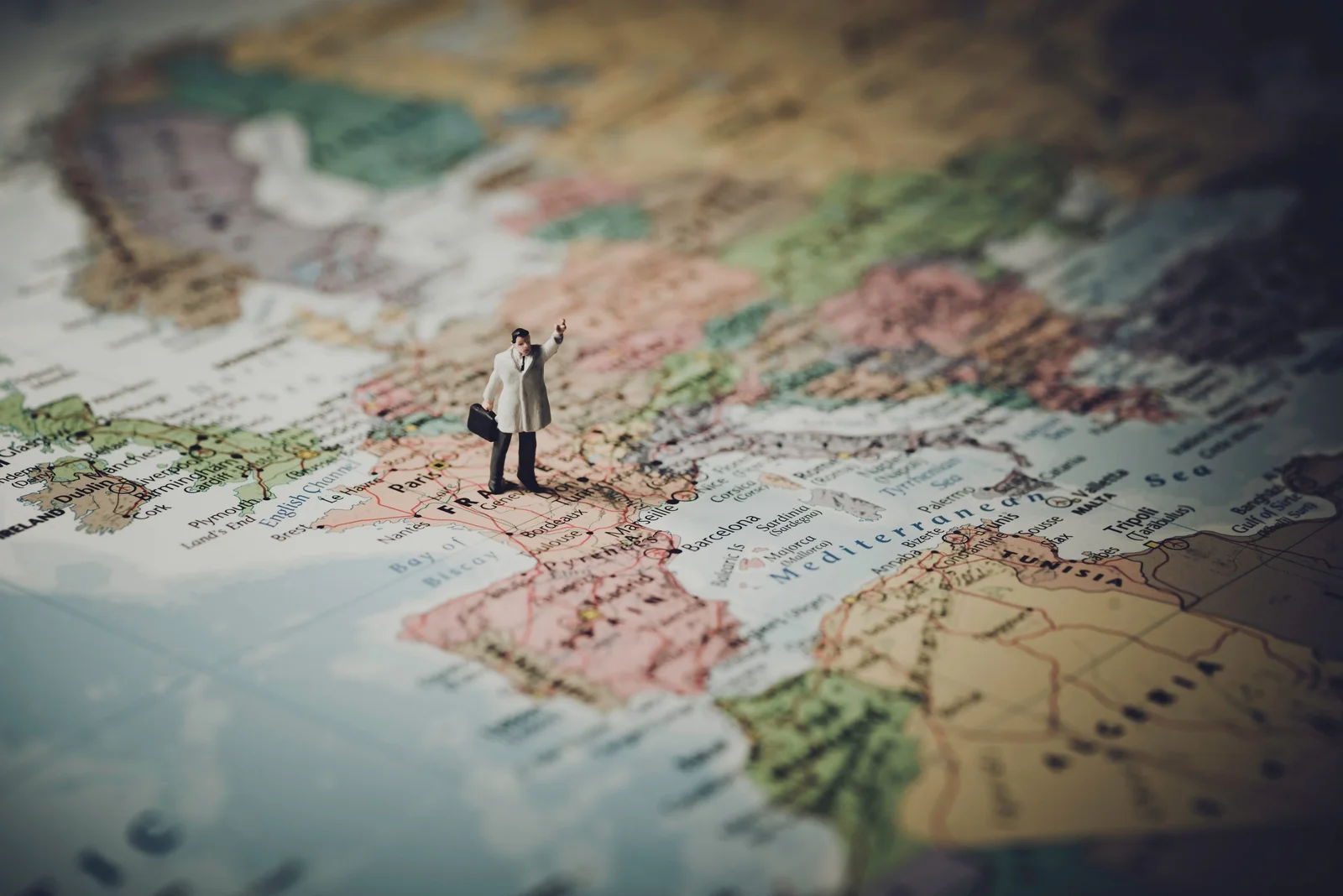In the second part of our series on the Hero’s Journey, we are going to take a look at Moses’ story from Exodus. I’ll be using an excellent presentation on the subject created by Kate Bosh) which you can access for yourself here) to guide us through.
Departure
In Exodus 3, Moses receives his Call to Adventure from God via the Burning Bush. The Lord tells Moses that He has seen the pain and suffering of the Hebrews and that He will now send them a figure to lead them out of Egypt and into the Promised Land: Moses. Thus, Moses is called from is quiet life in Midian to stand up against Pharaoh and save his people. Moses, quite reasonably, doesn’t believe that he has what it takes to accomplish such a monumental task, replying “Who am I that I should go to Pharaoh and bring the children of Israel out of Egypt?” (Exodus 3:11, ESV). He tells God of his shortcomings, particularly of his weakness in public speaking. This is Moses’ Refusal of the Call.
But God, never one to leave us alone in our doubt, provides Moses with Supernatural Aid in the form of three miracles: turning his staff into a snake and back again, making his hand leprous and changing it back, and turning water from the Nile into blood (4:3-9). Moses, however, continued to refuse God’s call. Yet God reminded him of his brother, Aaron, who would speak for him in his fear. Ultimately, Moses chooses to follow God, bringing his family with him to Egypt and Crossing the First Threshold. At the end of chapter 4, Moses and Aaron tell the people of Israel all that God has planned for them. In this moment, the people “bowed their heads and worshiped” God for His mercy and Moses stops being a lowly farmer and becomes the deliverer of a nation. This is his Belly of the Whale moment.
Initiation
Moses and Aaron go and confront Pharaoh and demand that the Hebrews be set free. He declines, beginning the ten plagues against the Egyptians and Moses’ Road of Trials. Although Moses doesn’t actually have a Meeting with the Goddess, God fulfills that role by offering Moses unconditional love and the promise that He will lead and guide Moses throughout the journey that awaits him (4:15). As Bosh so accurately points out, Moses doesn’t experience any single Woman as Temptress event, but he does experience a temptation within himself. He continually questions his own ability to be the leader that the Hebrews need to deliver them from captivity. Only God’s continued love for him eventually quell the tempest within him.
In his refusal of the call, Moses angers the Lord with his lack of faith. But God reassures Moses that He is with him. It can be argued that this is Moses’ Atonement with the Father. God later remarks that He had “made you like God to Pharaoh,” which, combined with His charge to tell the people that he was the Lord, signals an Apotheosis, or an individual being elevated to divine status. After the effects of the ten plagues have ravaged the land, Moses receives The Ultimate Boon in the form of Pharaoh allowing the Hebrews to leave Egypt.
Return
The long trek through the wilderness prompts a sort of Refusal of Return in Moses. Due to the constant complaining of his people and the seemingly never-ending quest for Israel, Moses’ doubts once again creep back to the surface. He becomes unsure of his aptitude to complete God’s mission for his life. Magic Flight comes for Moses and the Hebrews when God parts the Red Sea in order to save them from Pharaoh’s pursuing army. This, of course, provides Moses with his Rescue from Without. In the midst of the journey through the wilderness, Moses receives the 10 Commandments at Mt. Sinai and presenting them to the people. In doing so, Moses starts his transition back from being a hero, using the lessons he learned form God along the way. It here that we find Moses Crossing the Return Threshold.
Along with the Ten Commandments, Moses gives the Hebrew people the entire Law found in Leviticus, Deuteronomy, and Numbers. As much as any other figure in the Old Testament, Moses becomes a conduit for God to work and speak into the world. Where he was once a timid farmer, he was now a legendary leader who defeated the mighty Egyptians. Where he was once filled with doubts about God’s presence and protection, he was now God’s spokesperson to God’s people. He had become Master of Two Worlds.
Moses’ journey follows the Hero’s Journey model to a T. But, as we Christians know, there is one greater than Moses: Jesus. Next time, we will take a look at Jesus’ life, ministry, death, and resurrection and how they line up with the Hero’s Journey. After that, I’ll explain why this fact is something that should give us confidence in the Lord and his work in the human heart.




